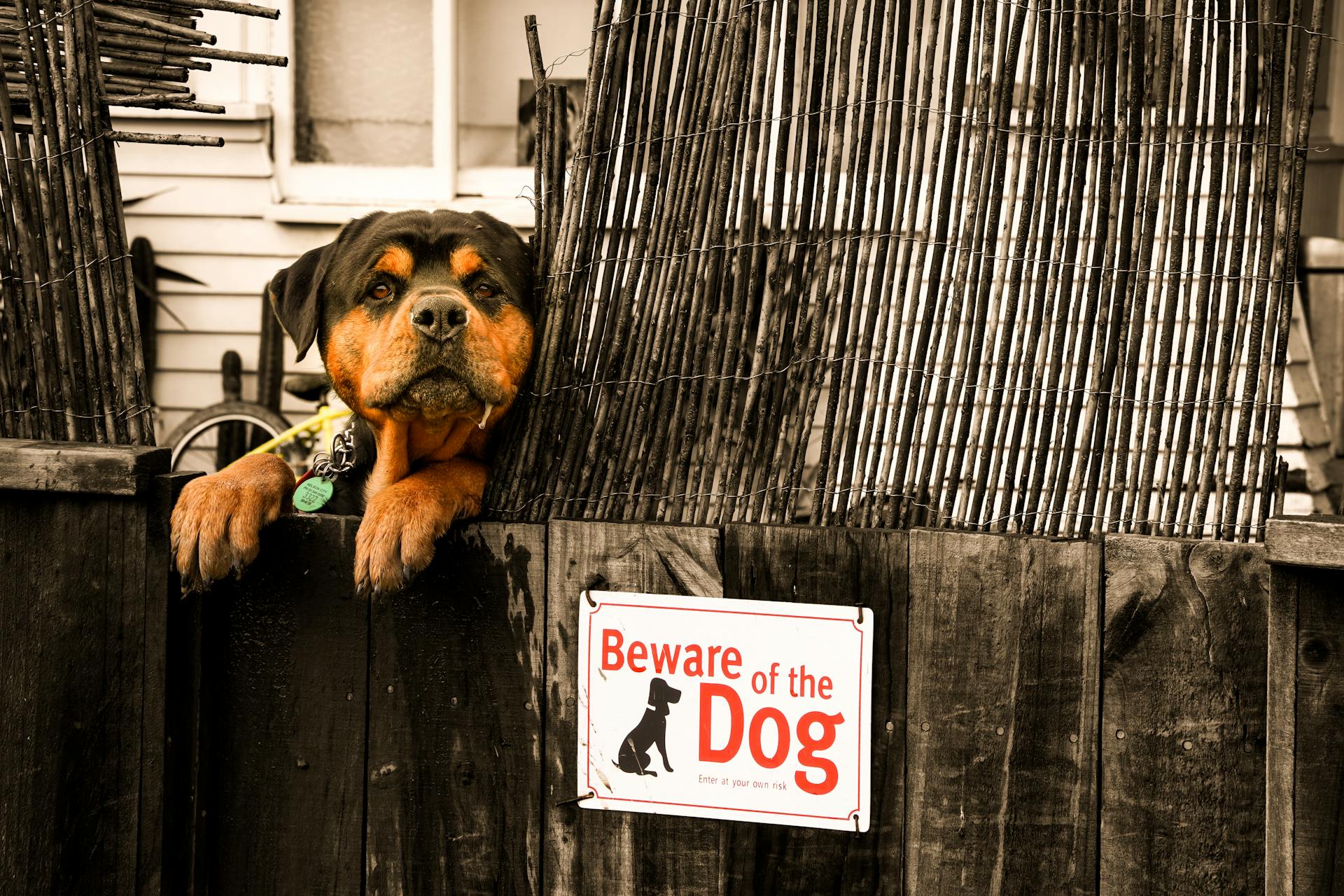
Shih Tzus are prone to itching due to their thin skin and sensitive nature.
Dry skin can be a common cause of itching in Shih Tzus.
Using a humidifier can help add moisture back into the air and alleviate dry skin issues.
Regular grooming is essential to prevent matting and tangling of fur, which can lead to skin irritation and itching.
Shih Tzus can be allergic to environmental allergens like pollen, dust, and mold, causing itching and discomfort.
Causes and Symptoms
Shih Tzus can experience itching due to various reasons, including parasites like fleas, ticks, mange mites, or lice. Allergies to food, pollen, or other environmental irritants can also cause itching in Shih Tzus.
Parasites like fleas and ticks are common culprits behind Shih Tzu itching. These tiny creatures can cause intense itching and discomfort for your furry friend.
Shih Tzus can also experience itching due to internal organ dysfunction, such as liver disease or thyroid and adrenal gland issues. For example, liver disease can cause bile salts to accumulate under the skin, leading to itching and hair loss.
Some common symptoms of Shih Tzu itching include scratching or chewing skin, licking paws, patches of bare skin, and clumps of hair lying around the house.
Here are some common signs of Shih Tzu itching:
- Scratching or chewing skin
- Licking paws
- Patches of bare skin
- Clumps of hair lying around the house
- Red, inflamed, or bleeding skin
- Skin odor
- Dry skin
These symptoms can be indicative of a skin rash or other underlying issues, so it's essential to consult with a veterinarian to determine the cause and find a suitable solution.
Skin Conditions
Skin conditions in Shih Tzus can be a real challenge. Itchy skin is a common issue in this breed, and it's essential to identify the underlying cause to provide effective relief.
Dry, itchy skin can be caused by a variety of factors, including allergies, parasites, and skin infections. Oatmeal-based shampoos and omega-3 fatty acid supplements can help alleviate symptoms.
If your Shih Tzu has severe itchy skin, your vet may recommend an antiseptic shampoo or mousse product with chlorhexidine. This can help soothe and fight irritation.
Check this out: English Bulldog Dry Skin
In addition to oatmeal-based shampoos, you can also try making an oatmeal paste at home. Mix ground oatmeal with water to create a spreadable consistency, and apply it directly to affected areas.
Some common signs of skin irritation in Shih Tzus include scratching, chewing, and licking skin, as well as red, inflamed, or bleeding skin. If you notice any of these symptoms, it's essential to consult with your vet to determine the underlying cause.
Here are some possible causes of skin irritation in Shih Tzus:
- Parasites (such as fleas, ticks, mange mites, or lice)
- Allergies to food, pollen, or other environmental irritants
- Bacterial or fungal infections
- Liver disease (irritating bile salts accumulate under the skin)
- Thyroid and adrenal gland dysfunction, including hypothyroidism or Cushing's disease
By identifying the underlying cause of your Shih Tzu's skin irritation, you can work with your vet to develop an effective treatment plan and provide relief from itchy skin.
Home Remedies
If your Shih Tzu is experiencing itchy skin, there are several home remedies you can try to provide relief. Colloidal oatmeal is a great option, as it reduces skin redness, dryness, and itching, and can be used to create a soothing bath for your dog.
Aloe vera is also a natural remedy that can help soothe itchy skin. You can apply aloe vera gel directly to your dog's skin to provide relief.
For dogs with hot, itchy patches of skin, a chamomile or green tea bath can be very effective. Steep a few tea bags in lukewarm water, let your dog soak for at least five minutes, and then rinse thoroughly.
To create a soothing oatmeal bath, grind plain oatmeal into a powder and mix it with water to form a milky solution. Apply the solution to your dog's skin, paying special attention to itchy areas, and let it sit for 10 minutes before rinsing.
You can also try using apple cider vinegar to soothe itchy skin. Mix 50% water with 50% apple cider vinegar in a spray bottle and target affected areas. For dogs who have walked through a patch of poison ivy, oak, or sumac, soak their paws in the solution for up to five minutes.
Here are some popular home remedies for itchy Shih Tzus:
- Colloidal oatmeal bath
- Aloe vera gel
- Chamomile or green tea bath
- Apple cider vinegar solution
- Coconut oil massage
Remember to always consult with a veterinarian before trying any new remedies, especially if your dog's itching persists or worsens.
Flea and Allergy Issues
Fleas can be difficult to find on dogs, even when they're the main trigger for skin issues.
Controlling fleas is crucial, even if they're not the cause, because they can worsen existing skin problems.
Environmental allergies caused by substances like pollen, dust, and fertilizer can irritate a dog's skin enough to cause a rash.
Food allergies can also cause rashes, making it essential to consider your Shih Tzu's diet as a potential contributor to their itching issues.
Take a look at this: What Are Shih Tzus Allergic to
Skin Tests and Diagnosis
If your Shih Tzu is suffering from skin disease and has been losing hair or scratching, your veterinarian may recommend several skin tests to determine the cause.
A skin scraping can help identify mites that cause mange, while a skin cytology can look for evidence of yeast and bacterial infections in the skin.
Fungal cultures can check for ringworm (not a worm) and other fungal infections, and a skin biopsy may be necessary if your vet suspects skin cancer or other serious skin disease.
Your veterinarian may also perform skin samples, blood tests to identify underlying health conditions, skin cultures for bacteria and fungi, or allergy testing to determine the cause of your dog's rash.
Here are some common skin tests your vet may recommend:
- Skin scraping for mites
- Skin cytology for yeast and bacterial infections
- Fungal cultures for ringworm and other fungal infections
- Skin biopsy for skin cancer or serious skin disease
- Skin samples
- Blood tests for underlying health conditions
- Skin cultures for bacteria and fungi
- Allergy testing
Skin Tests
If your dog is suffering from skin disease, your veterinarian may recommend several skin tests to determine the cause. These tests can help identify underlying issues that may be contributing to the skin problems.
A skin scraping is one of the tests your vet may use to look for evidence of mites that cause mange. This is a common issue in dogs, especially in certain breeds.
Skin cytology is another test that can help identify yeast and bacterial infections in the skin. This can be a key factor in treating skin disease in dogs.
Fungal cultures can check for ringworm and other fungal infections that may be causing the skin problems. Ringworm is not a worm at all, but rather a fungal infection.
Your vet may also recommend a skin biopsy if they suspect skin cancer or another serious skin disease. This is a more invasive test, but it can provide valuable information about the underlying condition.
Here are some common skin tests your vet may use to diagnose skin disease in dogs:
- Skin scraping for mange
- Skin cytology for yeast and bacterial infections
- Fungal cultures for ringworm and other fungal infections
- Skin biopsies for skin cancer and other serious skin diseases
Diagnosing a Dog Rash
Diagnosing a dog rash can be a bit of a mystery, but with the right tools and knowledge, you and your vet can get to the bottom of it.
A close examination of your dog's skin is the first step, and your vet will likely ask for a history of the rash, including when it first developed.
Several diagnostic tests can help determine the rash's cause, including skin samples, blood tests to identify underlying health conditions, skin cultures for bacteria and fungi, and allergy testing.
If your dog got stung by a bee, it's safe to assume the bee sting caused the rash, but it's always a good idea to talk to your vet before starting any treatment plan.
Here's an interesting read: Shih Tzu Definition
Here are some common diagnostic tests your vet may recommend:
- Skin scraping to look for evidence of mites that cause mange
- Skin cytology looking for evidence of yeast and bacterial infections in the skin
- Fungal cultures that check for ringworm (not a worm) and other fungal infections
- Skin biopsies if your vet suspects skin cancer or other serious skin disease
Your vet will examine your dog's skin, ask about the rash's history, and may run some of these tests to determine the cause of the rash.
Treatment and Prognosis
Many cases of hair loss and scratching in Shih Tzus can be treated within a couple of months, and dogs resume their normal lives.
The prognosis depends on the cause of the symptoms, which can range from parasitic, bacterial, and fungal infections to allergic skin conditions.
Dogs with allergic skin conditions may experience flare-ups despite your best efforts to manage their allergies, and they will never go away.
Veterinary treatments and home remedies are available for rashes that don't go away on their own.
Your vet will recommend which treatment avenue to try, according to the rash's severity and cause.
Hypothyroidism and adrenal gland disease can be managed with medication, but liver disease may require more intensive treatment and carries a more guarded prognosis.
It's essential to see your veterinarian for recommended follow-ups and contact them if you notice any signs of skin problems.
Here's an interesting read: Shih Tzu Ear Infection Home Treatment
Frequently Asked Questions
Why is my Shih Tzu scratching and biting himself all the time?
Your Shih Tzu's excessive scratching and biting could be caused by external parasites like fleas, mites, or ticks, or internal skin issues like dermatitis and pruritus
Can I put apple cider vinegar on my dog for itching?
Yes, apple cider vinegar can help relieve itching in dogs when used in baths or as a topical treatment. For more information on how to use it safely and effectively, read on.
Sources
- https://www.thesprucepets.com/home-remedies-for-itchy-dogs-4177184
- https://www.petmd.com/dog/general-health/home-remedies-for-dogs
- https://www.akcpetinsurance.com/blog/5-natural-remedies-to-help-your-itchy-dog
- https://www.thesprucepets.com/hair-loss-scratching-dogs-and-cats-3384665
- https://www.dailypaws.com/dogs-puppies/health-care/dog-conditions/dog-rashes
Featured Images: pexels.com


